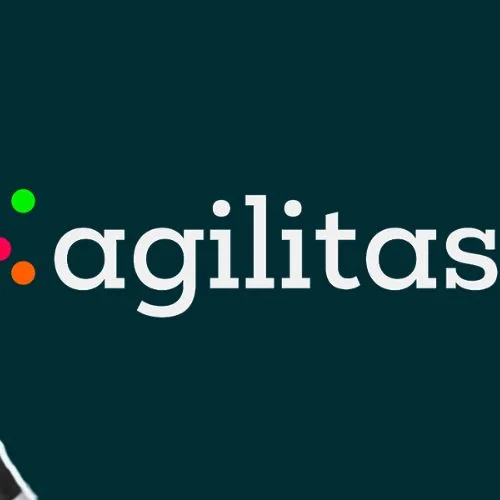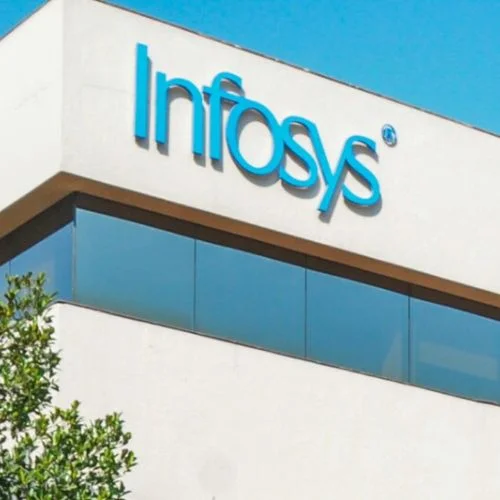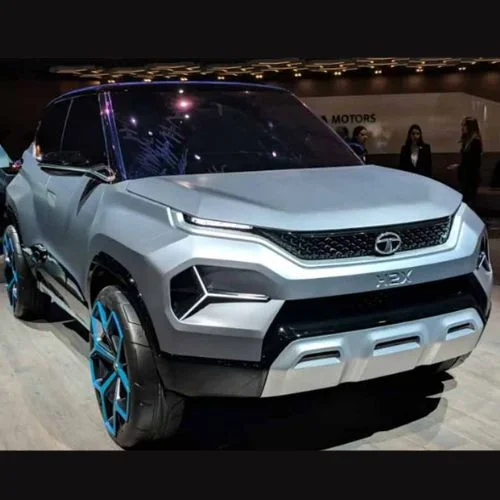A two-member bench comprising Justice M Venugopal and Ashok Kumar Mishra, upheld the findings of the Competition Commission of India (CCI) and directed it to pay the penalty of Rs 200 crore imposed on Amazon by the fair trade regulator within 45 days from Monday.
The National Company Law Appellate Tribunal (NCLAT) on Monday rejected Amazon’s plea challenging the decision of fair trade regulator CCI to suspend the approval for the e-commerce major’s deal with Future Coupons.
A two-member bench comprising Justice M Venugopal and Ashok Kumar Mishra, upheld the findings of the Competition Commission of India (CCI) and directed it to pay the penalty of Rs 200 crore imposed on Amazon by the fair trade regulator within 45 days from Monday.
“This appellate tribunal is in complete agreement” with the CCI, the two-member bench said. In December last year, CCI had suspended the approval given by it in 2019, for Amazon’s deal to acquire a 49 percent stake in Future Coupons Pvt Ltd (FCPL).
The regulator had said that Amazon suppressed information while seeking clearances for the transaction back then and also slapped a fine of Rs 202 crore on the company. FCPL is a promoter of Future Retail Ltd (FRL).
Amazon had opposed FRL’s deal to sell assets to Reliance Retail as part of a Rs 24,713-crore deal, which has now been called off. The deal was opposed by the e-commerce major on the basis of its 2019 transaction, whereby it had acquired a 49 percent stake in FCPL. NCLAT concluded its hearing in April this year, over Amazon’s plea. All parties had filed revised notes of submissions along with relevant citations before the registry.
On Monday, apart from Amazon’s plea, the appellate tribunal had also reserved the order on two other petitions in the matter filed by the Confederation of All India Traders (CAIT) and All India Consumer Products Distributors Federation (AICPDF).
Future Retail was part of the 19 group companies operating in retail, wholesale, logistics, and warehousing segments, which were supposed to be transferred to Reliance Retail as part of the Rs 24,713-crore deal announced in August 2020. In April, the deal was called off by the Mukesh Ambani-led Reliance Industries.
Stakeholder’s involved in the development-:
1. Reliance-: Reliance Industries Limited is an Indian multinational conglomerate company, headquartered in Mumbai. It has diverse businesses including energy, petrochemicals, natural gas, retail, telecommunications, mass media, and textiles. Reliance is the largest publicly traded company in India by market capitalization. It is also the tenth largest employer in India with over 236,000 employees. The company is ranked 155th on the Fortune Global 500 list of the world’s biggest corporations as of 2021.
2. Amazon-: Amazon.com, Inc. is an American multinational technology company that focuses on e-commerce, cloud computing, digital streaming, and artificial intelligence. It has been referred to as “one of the most influential economic and cultural forces in the world”,[9] and is one of the world’s most valuable brands. Amazon was founded by Jeff Bezos from his garage in Bellevue, Washington,[11] on July 5, 1994.
3. Future group-: Future Group is an Indian conglomerate, founded by Kishore Biyani[1] and based in Mumbai, Maharashtra. The company is known for having a significant prominence in Indian retail and fashion sectors, with popular supermarket chains like Big Bazaar and Food Bazaar, lifestyle stores like Brand Factory, Central, etc.
4. CCI-: The Competition Commission of India (CCI) is the chief national competition regulator in India. It is a statutory body within the Ministry of Corporate Affairs and is responsible for enforcing the Competition Act, 2002 in order to promote competition and prevent activities that have an appreciable adverse effect on competition in India.
The CCI looks into cases and investigates if the same has a negative impact on competition
CCI also approves combinations under the act so that two merging entities do not overtake the market. The commission was established on 14 October 2003.















